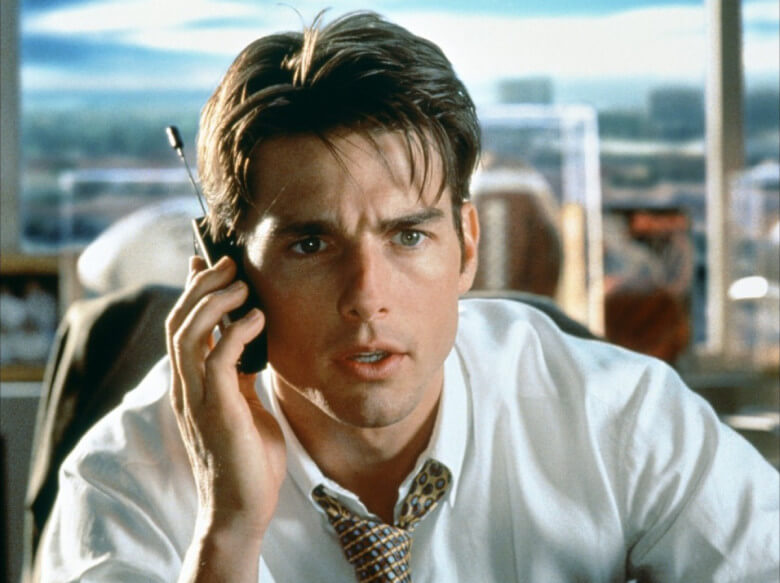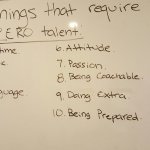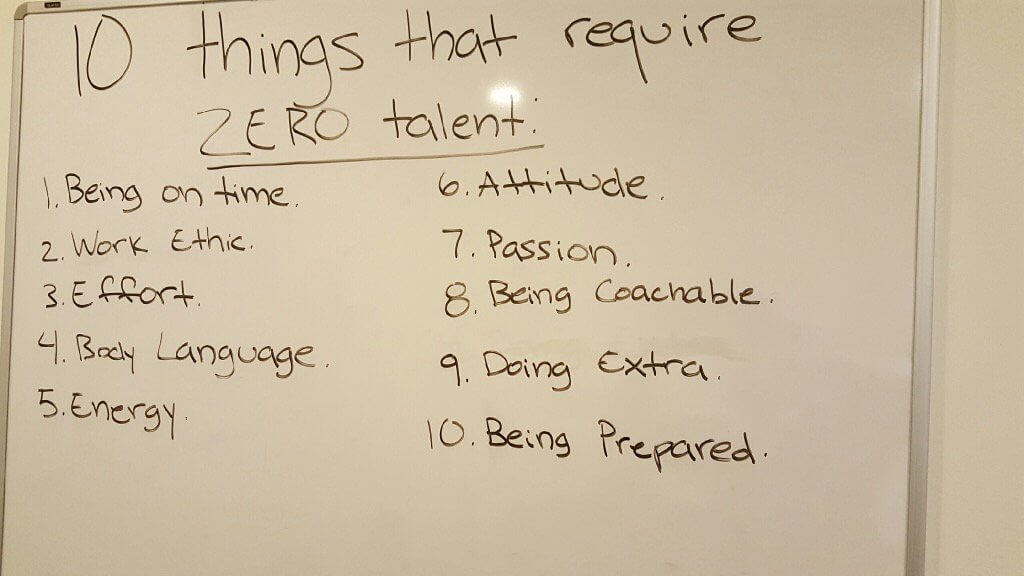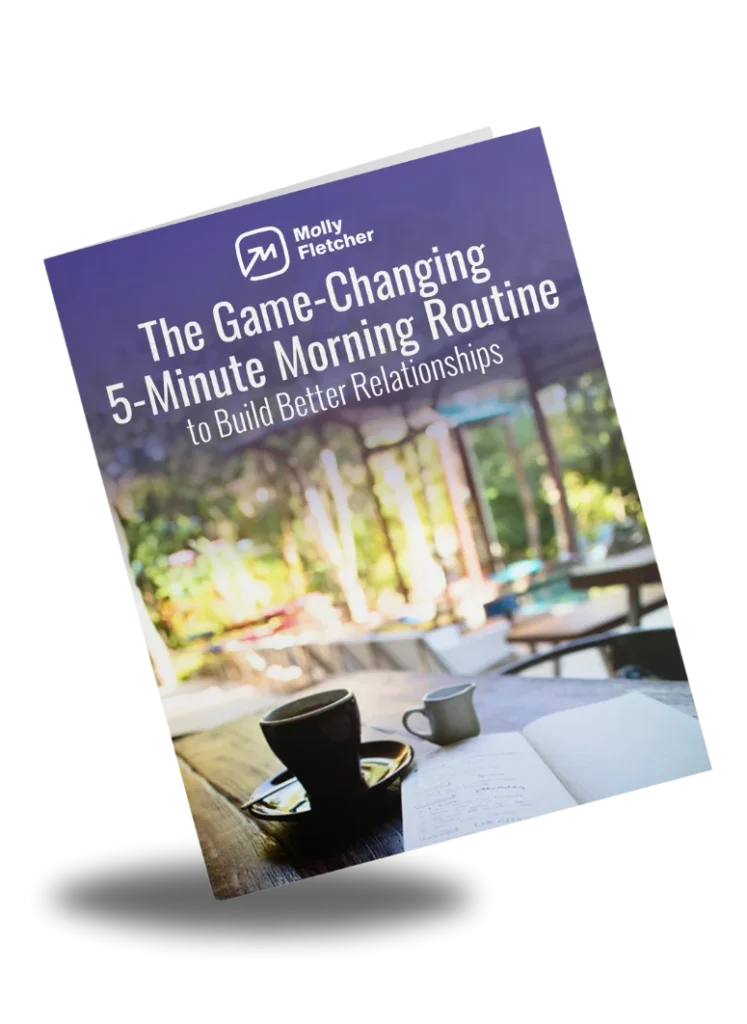 If you are one of the millions of people who filled out a March Madness bracket, you are more likely to become an astronaut than you are to pick all the winners. The best odds are 1 in 128 billion according to the NCAA!
If you are one of the millions of people who filled out a March Madness bracket, you are more likely to become an astronaut than you are to pick all the winners. The best odds are 1 in 128 billion according to the NCAA!
Yet we still play and accept that we simply want to pick the most winners. That’s how you win the pool. You win by minimizing your losses. It’s all on paper, and the results are in the hands of the teams who are playing. But this mindset can translate to our real work, to what we can control. The way we approach March Madness can improve our productivity.
What High Performers Know
Failure is integral to success. That’s what I observed over and over with the athletes and coaches that I represented. The Major League Baseball players knew that the only time they batted 1.000 was their first few plate appearances, if that. A team’s ability to recover quickly from adversity is the difference between good and great. There are rarely perfect seasons, so the ability to move forward from a mistake is critical. Sometimes the teams that struggle early are the ones that are still around in late March. They have been battle tested and they’ve had to respond to adversity before, so they know how to handle it.
Coaches like Nick Saban embrace imperfection by focusing on what they can control. Their process of preparing and executing is what they can influence, and they pour themselves into that. They love the work they are doing as they anticipation of success.
Just like any of us picking our brackets, there are so many factors coaches cannot control (whether their players avoid injury, whether they end up in the right bracket or schedule, and whether the breaks go their way). The best don’t spend energy chasing perfection as defined by anyone else, and staying focused has produced dominant teams that win far more often than they lose.
Great is Not Perfect
When I think about basketball greatness, Pat Summitt always comes to mind. A coach so gifted at molding a different set of players every season into winners, for 38 years.
And yet, Pat would be the first to tell you that her record is built on simply winning more than losing. Not perfection. She focused on getting her team ready for the NCAA tournament, to erase as many of their imperfections during the regular season so they could be ready for a run at the national title.
They won eight national championships, and her greatness is that she positioned them so often for this opportunity. Tennessee advanced to 18 Final Fours in her tenure, and when all was said and done, had won 112 games in the NCAA tournament.
In the Summitt era, if you followed the odds, you’d bet your bracket on her team going all the way. But you know what? Tennessee wasn’t perfect. It lost 23 games in March Madness, too.
Embracing Imperfection Enables Risk
The power of embracing imperfection is that it allows you to accept more risk (picked any No. 14 seeds this year?). This is so important in our real work. It is the way we grow. Perfectionism leads to a fixed mindset, and keep us from tapping our courage.
One place we see this happening is with our children, especially our daughters. A TED Talk by Reshma Saujani, the founder of Girls Who Code (and also a guest on my podcast), makes the point that when we raise children to be perfect, we are not encouraging them to be brave. Taking risks is the way we move society forward through innovation. “Tell every young woman you know to be comfortable with imperfection,” Reshma says.
I think we all need to hear that!
Your Game Changer Takeaway
Bracketology is one way of understanding that when we let go of the expectation of perfection, we can focus on the progress we are making. Too often perfectionism prevents us from reaching our goals. The fear of imperfection can even be suffocating. Let go of perfect and get in the game, keep going, and ultimately reach your unique success.
The Molly Fletcher Company inspires leaders, teams and organizations to kick-start growth. A keynote speaker and author, Molly draws on her decades of experiences working as a sports agent. Her company offers training and coaching programs to help leaders unleash their potential, including: Game Changer Negotiation Training, which teaches business people a framework for successful negotiating; The Energized Leader training, which teaches people how to manage their energy to achieve focus and freedom; and a monthly coaching program, Game Changer Leadership Huddles, to help members recharge their purpose and mindset. Sign up here to receive our weekly newsletter and subscribe to the Game Changers with Molly Fletcher podcast on iTunes.
















